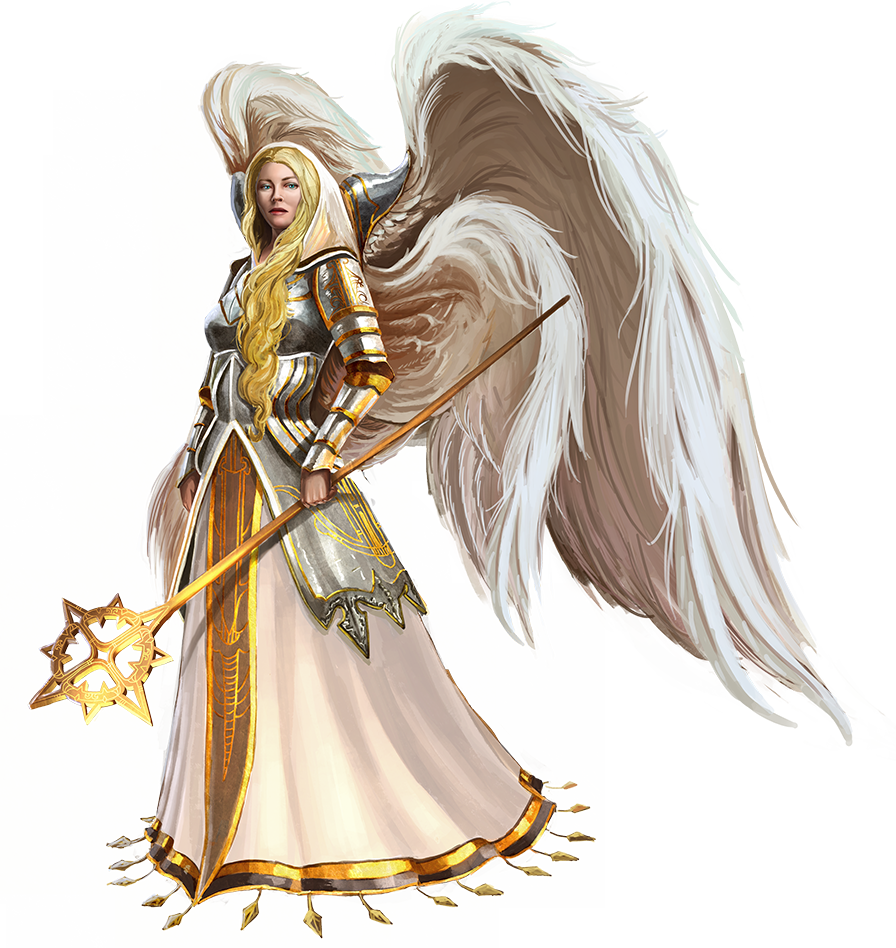
This image has format transparent PNG with resolution 896x948.
You can download this image in best resolution from this page and use it for design and web design.
Heroes of Might and Magic PNG with transparent background you can download for free, just click on download button.
Might & Magic Heroes (formerly Heroes of Might and Magic) is a series of video games originally created and developed by Jon Van Caneghem through New World Computing. As part of the Might and Magic franchise, the series changed ownership when NWC was acquired by 3DO and again when 3DO closed down and sold the rights to Ubisoft. The games feature turn-based, fantasy-themed conflicts in which players control armies of mythical creatures. The series began in 1995 with the release of the first title. A seventh installment, Might & Magic Heroes VII, was released on September 29, 2015.
New World Computing closed after the production of Heroes of Might and Magic IV, and since then the rights to the franchise have been owned by Ubisoft. Nival Interactive developed the first game in the series since the changeover, Heroes of Might and Magic V. Black Hole Entertainment developed its sequel Might & Magic Heroes VI, but Limbic Entertainment developed later patches and the DLC, as well as Might & Magic Heroes VII. Virtuos developed the Shades of Darkness standalone expansion for Heroes VI.
The series is directed primarily at the DOS and Windows platforms, with sporadic support for Mac OS over the years. In addition to Windows and Mac platforms, Heroes II was ported to RISC OS and Heroes III was ported to Linux. GameTap has carried the first four games in the series since 2006. Remakes have also appeared on the Game Boy Color.
The Heroes series is within the genre of turn-based strategy. The titular heroes are player characters who can recruit armies, move around the map, capture resources, and engage in combat. The heroes also incorporate some role-playing game elements; they possess a set of statistics that confer bonuses to an army, artifacts that enhance their powers, and knowledge of magical spells that can be used to attack enemies or produce strategic benefits. Also, heroes gain experience levels from battle, such that veteran heroes are significantly more powerful than inexperienced ones. Experienced heroes may persist through a campaign, but generally do not carry over between scenarios.
On a typical map, players begin a game with one town of a chosen alignment. The number of different alignments varies throughout the series, with the lowest count of four appearing initially in Heroes I and peaking at nine in the Heroes III expansion Armageddon's Blade. Each town alignment hosts a unique selection of creatures from which the player can build an army. Town alignment also determines other unique traits such as native hero classes, special bonuses or abilities, and leanings toward certain skills or kinds of magic.
Towns play a central role in the games since they are the primary source of income and new recruits. A typical objective in each game is to capture all enemy towns. Maps may also start with neutral towns, which do not send out heroes but may still be captured by any player. It is therefore possible, and common, to have more towns than players on a map. When captured, a town retains its alignment type, allowing the new owner to create a mixed army, although Heroes VI introduces the ability to change a town's alignment to the capturing player's. A player or team is eliminated when no towns or heroes are left under their control, or they do not control a town for seven consecutive days. Barring any special conditions, the last player or team remaining is the victor.
A side objective commonly appearing in the series is the acquisition of a powerful object called the "ultimate artifact" (Heroes I and II), grail (III and IV), or Tear of Asha (V, VI, and VII), buried somewhere on the map. In all games except Heroes VI, heroes visit special locations (called obelisks, or oracles in Heroes IV) to gradually reveal a map of the location of the artifact; in Heroes VI, a hero must instead collect four Fragments of the Moon Disc, which then causes the Tear of Asha to appear somewhere on the map. The ultimate artifact provide immense bonuses to the hero that carries it; the grail or Tear of Asha allows the hero to construct a special building in one of their towns that confers immense bonuses to the player.
In this page you can download free PNG images: Heroes of Might and Magic PNG images free download